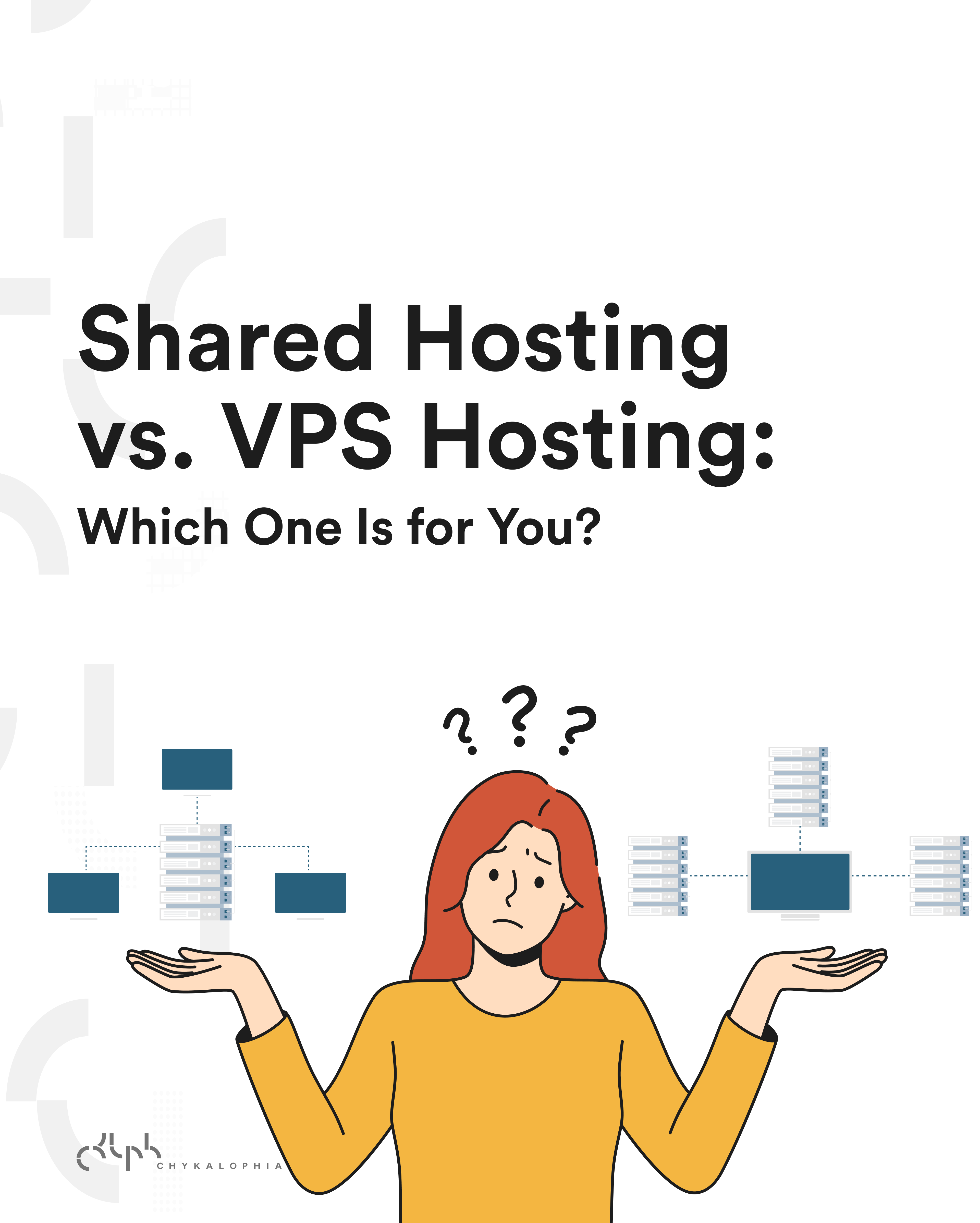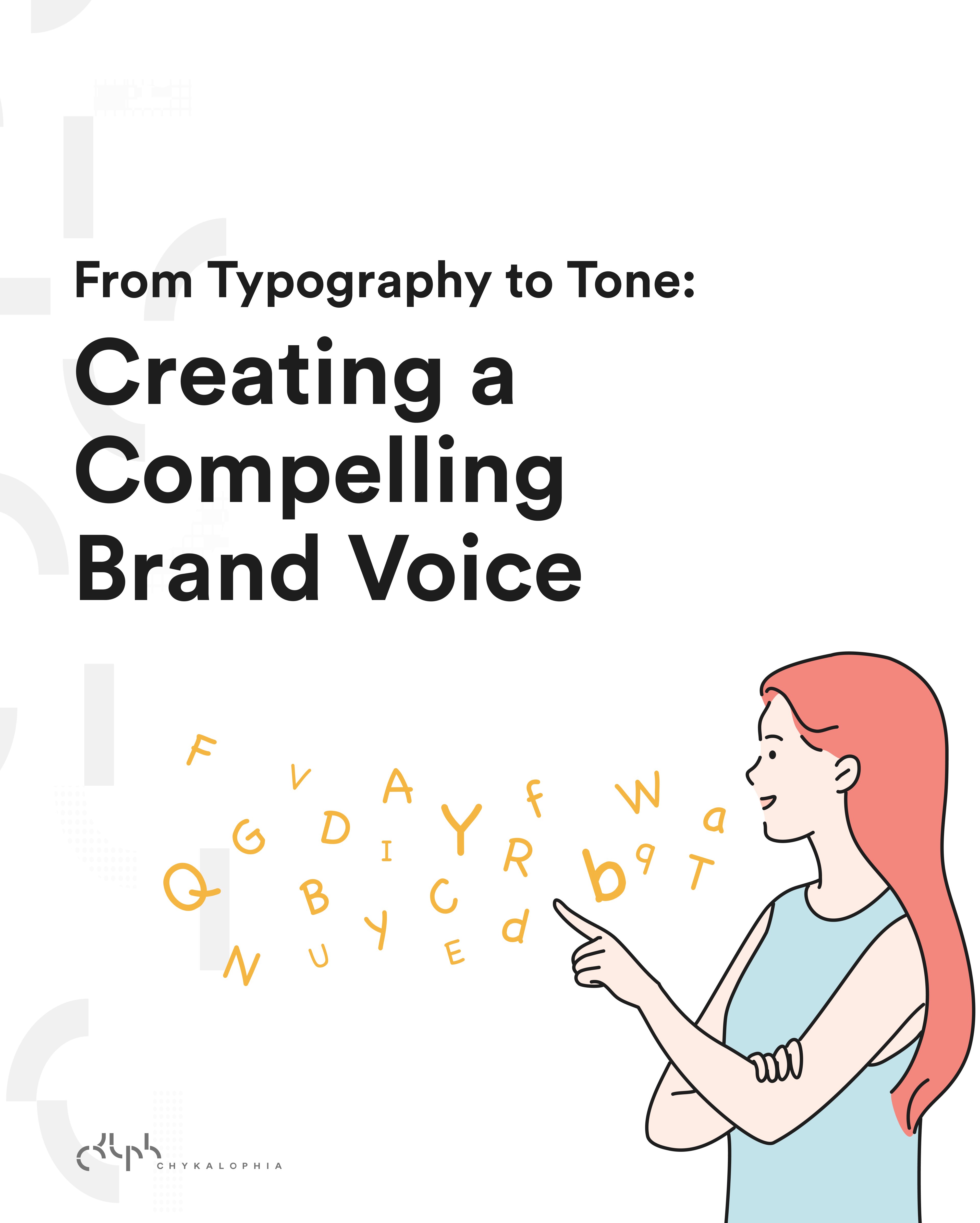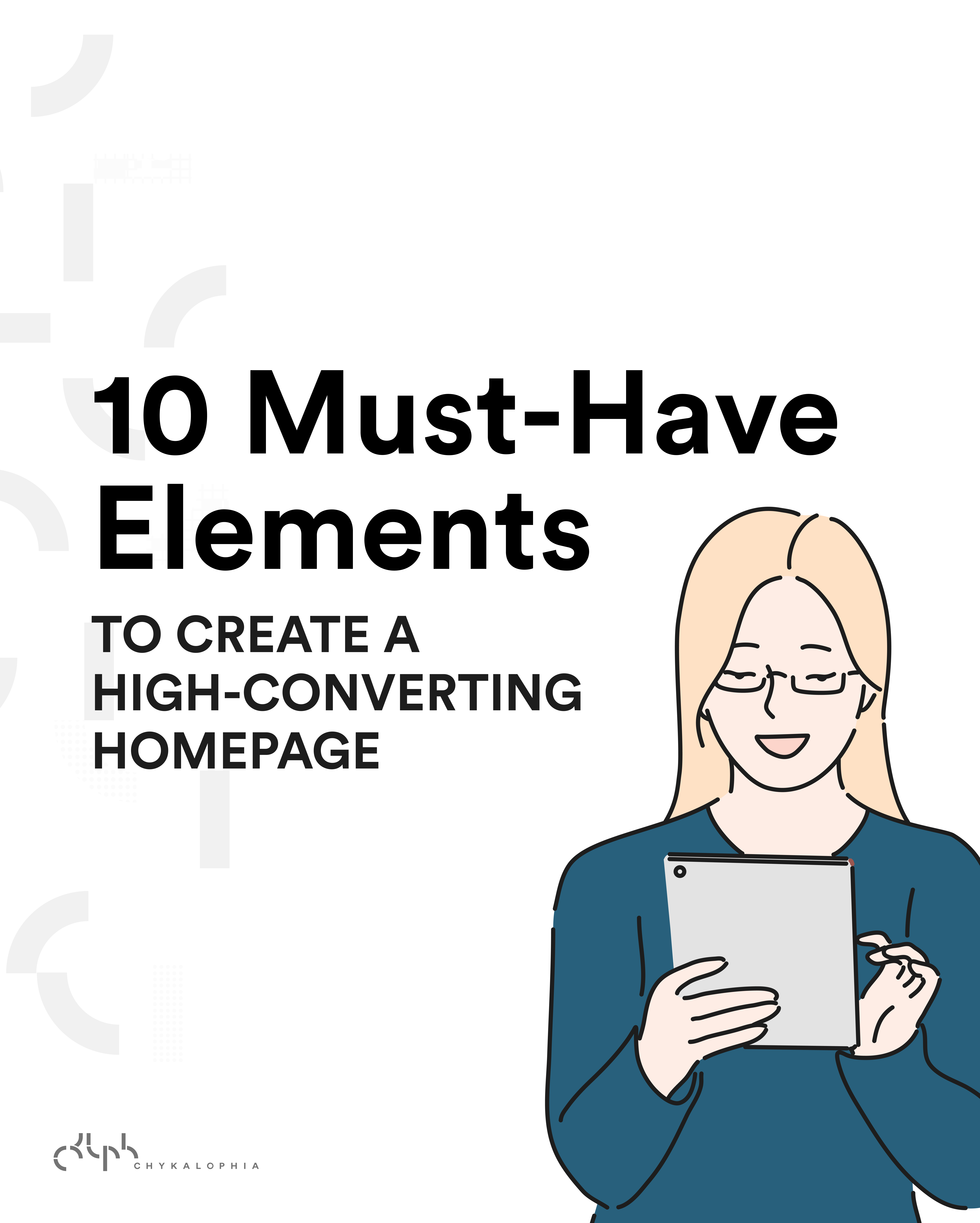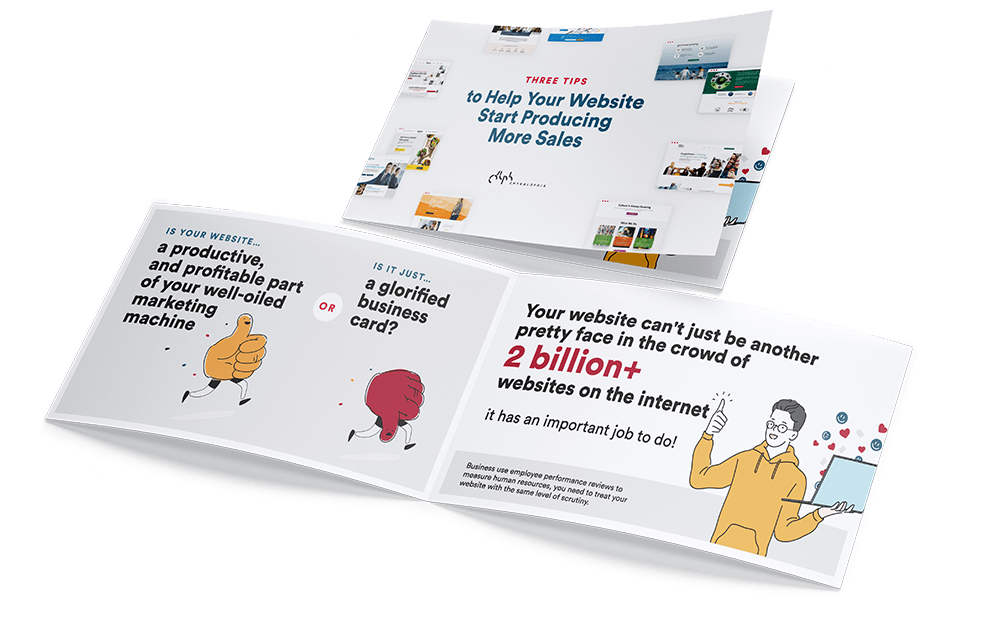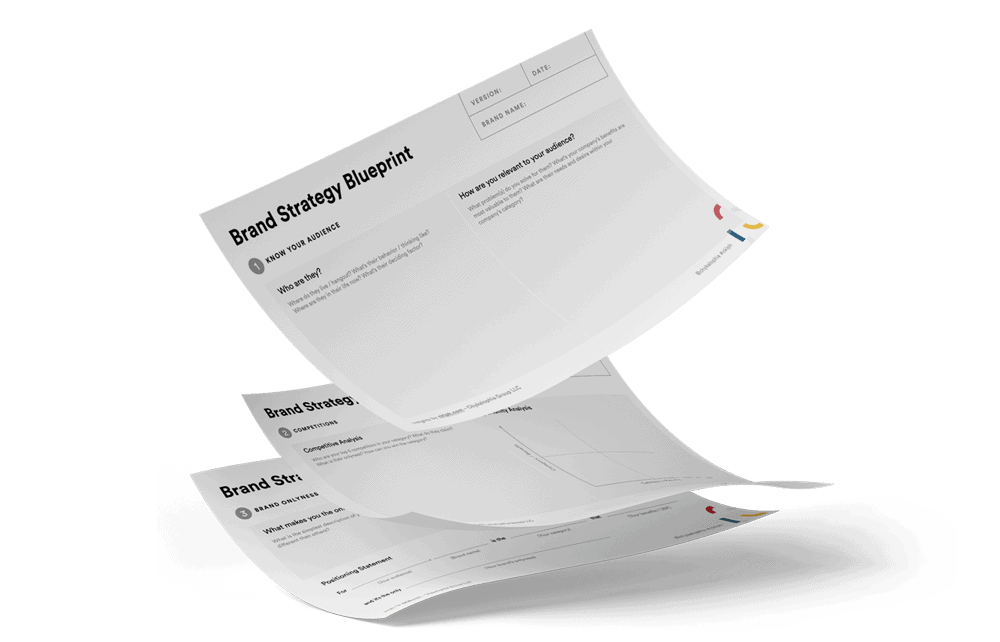Small business marketing strategy should not be expensive — it’s unwise to burn so much money when you’re just starting out. Let’s break down a relatively small marketing budget for your business: $500.
Table of Contents
Big dreams, small budgets, limited time. Yeah, been there, done that.
Like many small business owners, we started Chykalophia with so many limitations. But we dreamed big — still do. Some people called us the dreamers, but we were probably just naive.
Without proper financial and budget planning, our CEO had to take a full-time job while growing our small agency back then. But you don’t have to follow our not-so-good example.
We’ve learned the hard way starting our small agency. We’ve also got guidance from amazing mentors and seniors in the industry, and now we’d like to show how you can start marketing your small business with just $500.
How much should a marketing budget be for a small startup?
Did you know that in some industries, a company’s marketing budget can get as high as 21% of its revenue? Wow, cringe. Your small business doesn’t even have revenues yet — only projections, at best. How much should you allocate for your small business marketing, then?
We don’t believe it’s wise to burn so much money at the beginning of your business. On the contrary, we’re inviting you to be creative and find strategies to jumpstart your marketing with just $500.
The $500-Small Business Marketing Strategy
Before we proceed, please note that $500 is generally considered low for a marketing budget. As a result, you will need to spare more time until you can see traction and results. We say six to twelve months would be a great start.
That being said, these five small business marketing strategies will work better if you’re looking a slower yet steady, sustainable business growth. Now let’s get to it.
1. Use free tools
Tools and software typically offer freemium plans that give you access to their basic services. Use them until your business needs more premium, advanced plans and you’re ready to invest more.
Here are the tools we love and have been using:
| TOOLS | USAGE |
| Canva, VistaCreate | Digital designing |
| CapCut, InShot | Video editing |
| ChatGPT | Content and copywriting |
| Google Keyword Planner, SEMrush | Content marketing & SEO |
| MailChimp, Mailerlite | Email marketing |
| WordPress | Create a website (without domain) |
| Trello | Project management |
While these free plans are good to help streamline your work, especially while you wear all the hats at the beginning of your business, we don’t recommend using them in the long run as they’re pretty … basic. The more your business grows, it will need more advanced tools and software and you will want to invest in them.
COST: $0
2. Learn from 3 marketing books
Ah … books. Anyone who wants to grow should love reading, but not just any books. Just like anything else, we can’t deny that there are overhyped, not-so-good books out there. Some other books have all the valuable knowledge but are insanely hard to read and understand.
But the right books can bring you to the places you want to be. The following books are our bibles. They are easy to read and light, yet packed with eye-opening knowledge and insights.
- The 1-Page Marketing Plan by Allan Dib ($14.88 for paperback)
- Revenue Growth Engine by Darrell Amy ($18.95 for paperback)
- Made to Sell: Creating Websites that Convert by our co-founders. You’ll find step-by-step guides on creating your website, from strategies and design, to development and goal tracking ($17.95 for paperback)
COST: $0 (Kindle) or
$50-$80 (paperback and hardcover)
3. Get involved in community meetups
Showing up and sharing about what you do may be one of the best small business marketing strategies you can do. Is it the easiest? Not really, especially if you’re not comfortable being in a big group, or maybe new in town.
However, community meetups are not some uncharted territories. If you choose the right communities, you’ll get to meet people from the same industry, who have been there longer than you are. Check out these local communities for women business owners with regular, productive meetups:
- NAWBO ($20-$30 per event)
- Female Founder’s Collective (typically Free)
- Local Women Development Center in your area (typically Free)
When you come to their meetups, remember to bring something to the table. Other than talking about your business, get ready to share some of your experience, too. That way, everyone in the meetup can learn from each other.
COST: ~$50
4. Organic social media marketing
When you’re starting your small business marketing, don’t immediately burn money on paid media. Doing so isn’t wise as you don’t know your audience yet. So for starters, look at small business marketing strategy #1 above. Use those tools to build your online presence on Facebook, Instagram, Twitter, Pinterest, and TikTok.
Review your engagement and growth on each platform every month. In about three to six months, you’ll be able to decide which platforms don’t work for your small business and target audience, and you can put them on hold.
COST: $0
5. Build an inexpensive website
Unfortunately, there aren’t free tools to build an actual website, but you can create an inexpensive one effortlessly, even without learning to code. Here are our recommended software and their starting prices:
| SOFTWARE | START FROM |
| WordPress domain | $39/year |
| Elementor WordPress hosting | $119/year |
| Elementor page builder plugin | $59/year |
| Shopify e-commerce builder | $228/year |
| Squarespace website builder | $192/year |
By now, you may wonder if it’s really necessary to build a website in the early stage of your business. After all, it’s still a small business, right?
Yes, you’re currently building a small business, but a website is paramount for your business growth and scale-up in the future. If you’re still hesitant, check out this article. It will tell you in detail why your small business marketing needs to include having a website, and the step-by-step of creating one.
COST: ~$250 tops
Small business marketing shouldn’t be costly
In total, you still have around $100 left on your marketing budget — which you can allocate on getting premium or advanced plans on your most-used software, hire a project-based freelancer, buy a couple more books, or attend more events.
While marketing is important, it is paramount to have a reasonable budget. Remember that other than marketing, you need to set aside other budgets, too, such as production, operation, R&D, and more. So don’t get overexcited with marketing that you forget other aspects of your business.
Get more insights to help you market and grow your business! Subscribe to our bi-weekly newsletter below. We promise you no spamming ✌️
